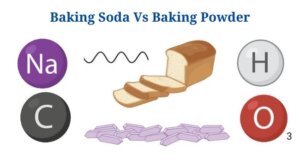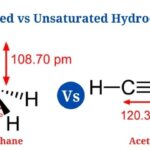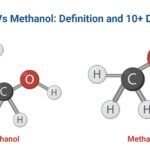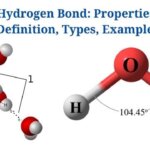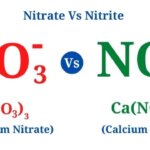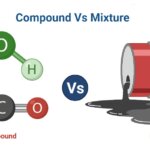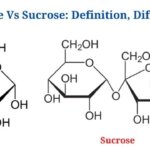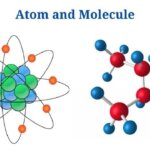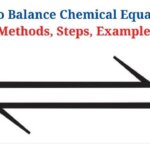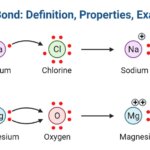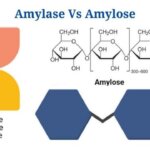Definition of Baking Soda
Baking soda is a salt made up of sodium as well as bicarbonate ions that is mostly used as a leavening agent in baked goods.
- The substance’s chemical name is sodium bicarbonate, often known as sodium hydrogen carbonate, as well as its chemical formula is NaHCO3.
- Baking soda is a fine powder made up of a solid white crystalline component. It’s an odorless substance with a somewhat salty flavor.
- Baking soda is a simple chemical compound made up of only one compound with no other ingredients.
- It contains no acidifying or drying agents as well as is involved in the expansion of the batter, giving cakes as well as bread their characteristic spongy feel.
- Thermal breakdown of sodium bicarbonate produces sodium carbonate, water, as well as carbon dioxide.
- Baking soda is a mild disinfectant that can also be used as a fungicide against some microbes.
Definition of Baking Powder
Baking powder is a chemical compound made up of a weak acid as well as carbonate or bicarbonate.
- The addition of a buffer in the form of cornstarch prevents the reaction between the acid as well as base present in the combination.
- The cornstarch serves as a drying agent, while the cream of tartar serves as an acidifier. Other acidifying agents, such as monocalcium phosphate as well as sodium aluminium sulphate, can also be utilized.
- Baking powder is also used in baking to give baked goods more volume as well as a lighter texture.
- Baking powder can be substituted for yeast in recipes where the flavour of fermentation is undesirable.
- Baking powder also releases carbon dioxide more quickly than fermentation due to the acid-base process.
- As a result, the creation of baking powder has been revolutionary in terms of reducing the amount of time as well as work required to make baked goods.
Image Created with BioRender
Key Differences between Baking Soda and Baking Powder
(Baking Soda Vs Baking Powder)
[ninja_tables id=”5574″]
Baking Soda and Baking Powder Citations
- https://www.numerade.com/questions/baking-soda-sodium-bicarbonate-undergoes-thermal-decomposition-as-follows-2-mathrmnahco_3s-rightleft/
- https://www.browneyedbaker.com/baking-soda-vs-baking-powder/
- https://wikimili.com/en/Sodium_bicarbonate
- https://urbansurvivalsite.com/20-uses-for-baking-soda/
- https://sciencetrends.com/examples-of-chemical-compounds-in-science/
- https://answers.yahoo.com/question/index?qid=20060728100729AAPy5bT
Related Posts
- Dissecting Microscope (Stereo Microscope) Definition, Principle, Uses, Parts
- Saturated vs Unsaturated Hydrocarbons: Definition, Differences, Examples
- Ethanol Vs Methanol: Definition and 10+ Differences
- Hydrogen Bond: Properties, Definition, Types, Examples
- Nitrate Vs Nitrite: Definition, Differences, Examples
- Aromatic Compounds vs Aliphatic Compounds: Definition, Differences, Examples
- Compound Vs Mixture: Definition, Differences, Examples
- Elements Vs Compounds: Definition, Differences, Examples
- Molecules Vs Compounds: Definition, Differences, Examples
- Hard water Vs Soft water: Definition, Differences, Examples
- Glucose Vs Sucrose: Definition and Key Differences
- 13+ Difference Between Atom and Molecule with Examples
- How to Balance Chemical Equation: Methods, Steps, Examples
- Ionic Bond: Definition, Properties, Examples
- Amylase Vs Amylose: Definition, Differences, Example

